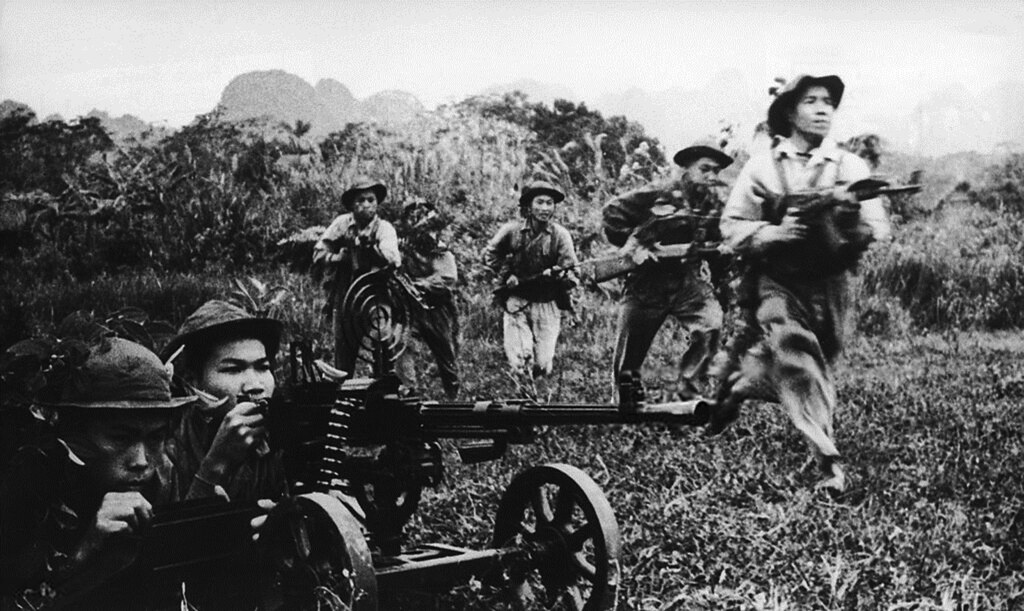Happy birthday to Albert Hirschman, who would be 106 today.
Hirschman—anti-fascist, resistance hero, later a development economist—may be the most interesting person to ever take up the profession.
🧵 and blog post on his remarkable life and work. 1/
oliverwkim.com/Hirschman-Stra…
Hirschman—anti-fascist, resistance hero, later a development economist—may be the most interesting person to ever take up the profession.
🧵 and blog post on his remarkable life and work. 1/
oliverwkim.com/Hirschman-Stra…

Hirschman was born in Berlin in 1916 to a Jewish family. He was just a teenager when he became involved as an activist in the Social Democratic Party (SPD), which was confronting Hitler’s rising Nazi Party in the streets.
2/
2/
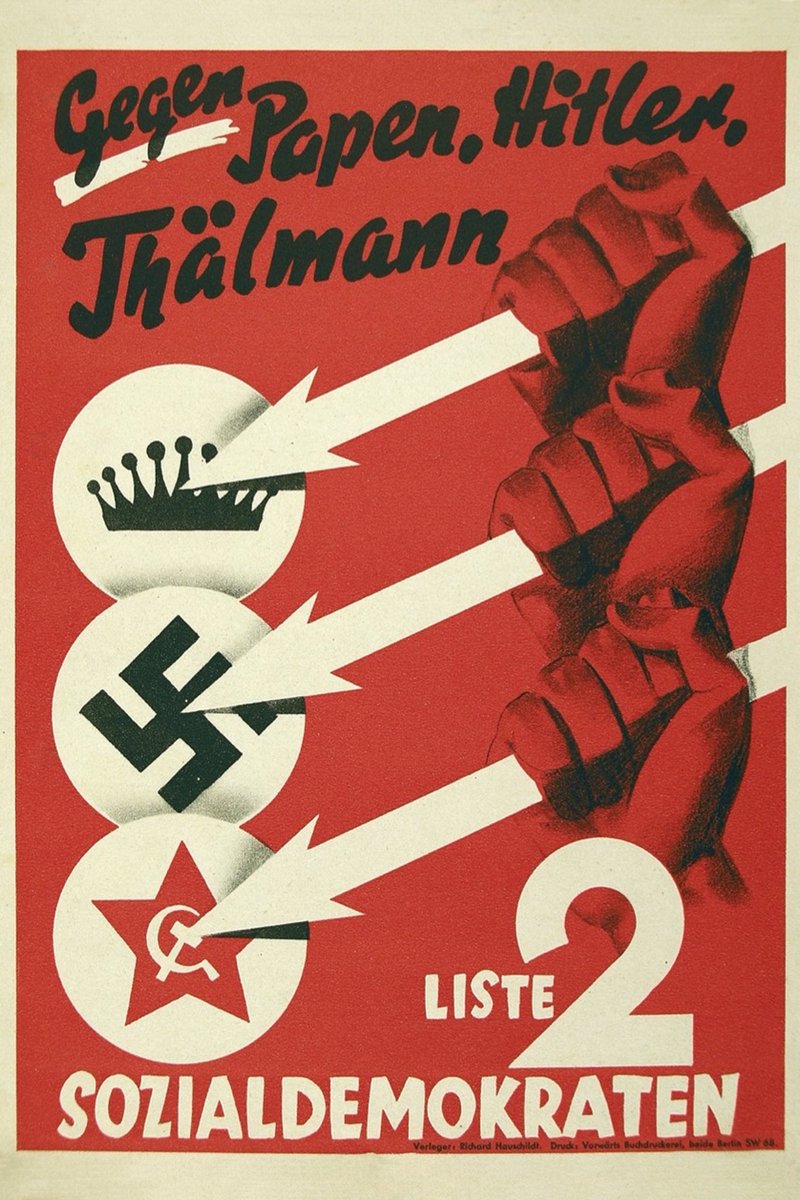
When Hitler took dictatorial control after the Reichstag fire, Hirschman and his cell of young activists took to the streets, passing flyers, urging resistance.
But after several of his friends were arrested, a 17yo Hirschman was forced to flee to Paris. 3/
But after several of his friends were arrested, a 17yo Hirschman was forced to flee to Paris. 3/

He enrolled at HEC, one of France’s top business schools, but found the accounting work dull. He won a fellowship to study at LSE, where he studied under Hayek and Lionel Robbins—an early sign of his anti ideological streak. 4/ 



When the Spanish Civil War broke out in 1936, Hirschman rushed to Spain. He enlisted in the POUM, a Trotskyist militia which George Orwell later joined.
Hirschman likely fought at the Battle of Monte Pelado, a costly defeat for the Fascists.
5/
Hirschman likely fought at the Battle of Monte Pelado, a costly defeat for the Fascists.
5/

After 3mo on the front lines, Hirschman went to Italy, to join his sister Ursula. He became involved in the anti-Mussolini underground, carrying messages in a false-bottomed suitcase.
Somehow he also found the time to finish his doctorate in economics!
6/
Somehow he also found the time to finish his doctorate in economics!
6/
Resurgent antisemitism sent him back to France, where he joined the French Army, and was trained up just in time for them to surrender.
As a natural target for the Nazis, Hirschman adopted a false identity and joined the thousands of refugees fleeing south to Marseilles.
7/
As a natural target for the Nazis, Hirschman adopted a false identity and joined the thousands of refugees fleeing south to Marseilles.
7/

There he met Varian Fry, an American trying to organize an underground to rescue Jews from occupied France.
Hirschman soon became Fry’s right hand man, forging passports and scouting routes thru the Pyrenees.
8/
Hirschman soon became Fry’s right hand man, forging passports and scouting routes thru the Pyrenees.
8/

It’s estimated that, w Hirschman’s help, Fry’s group saved over 2000 people—including Hannah Arendt, Marc Chagall, and Marcel Duchamp.
9/


9/
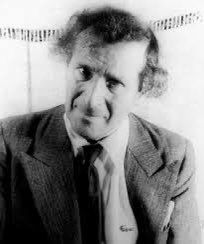
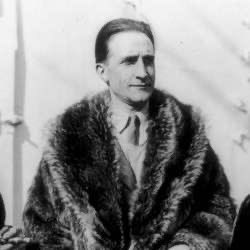
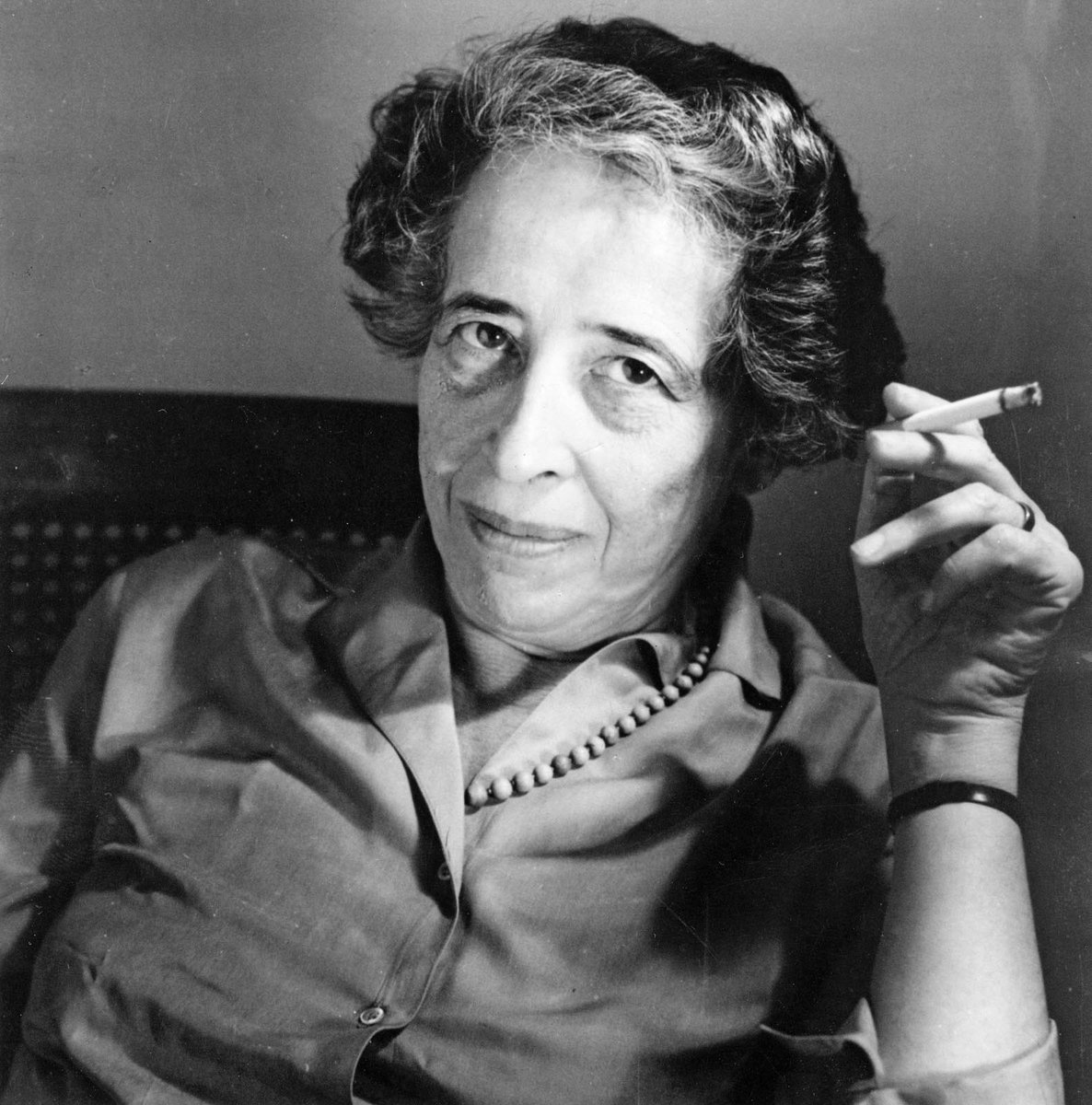
Only when the Vichy police started asking q about Hirschman himself did he make his discreet exit.
Hirschman hiked across the Pyrenees, made his way to Lisbon, and boarded a ship to America—where he would soon start a research fellowship at UC Berkeley.
10/
Hirschman hiked across the Pyrenees, made his way to Lisbon, and boarded a ship to America—where he would soon start a research fellowship at UC Berkeley.
10/
Hirschman had fought fascism in four countries, earning two graduate degrees along the way.
He was still just 25 years old.
11/
He was still just 25 years old.
11/
At Berkeley, he met Sarah Chapiro, another Jewish emigre, in Berkeley’s I-House cafeteria. They married soon after.
When America went to war in 1941, Hirschman enlisted, and served on the Italian front (his 3rd army in 5 yrs).
12/
When America went to war in 1941, Hirschman enlisted, and served on the Italian front (his 3rd army in 5 yrs).
12/
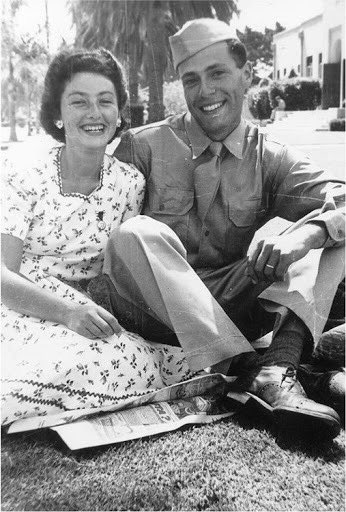
Hirschman had by all accounts a “quiet” war—save at the end, when he was picked to interpret at the very first Allied War Crimes trial, for German Gen Anton Dostler.
Newspapers report the interpreter’s face turning pale when he translated the death sentence. 13/
Newspapers report the interpreter’s face turning pale when he translated the death sentence. 13/

After the war, Hirschman helped work on the Marshall Plan and European reconstruction, till suspicion of his wartime leftism pushed him out of DC.
Almost on a lark, he took an offer w the World Bank to go to Colombia—beginning his long+fruitful connection to development. 14/
Almost on a lark, he took an offer w the World Bank to go to Colombia—beginning his long+fruitful connection to development. 14/
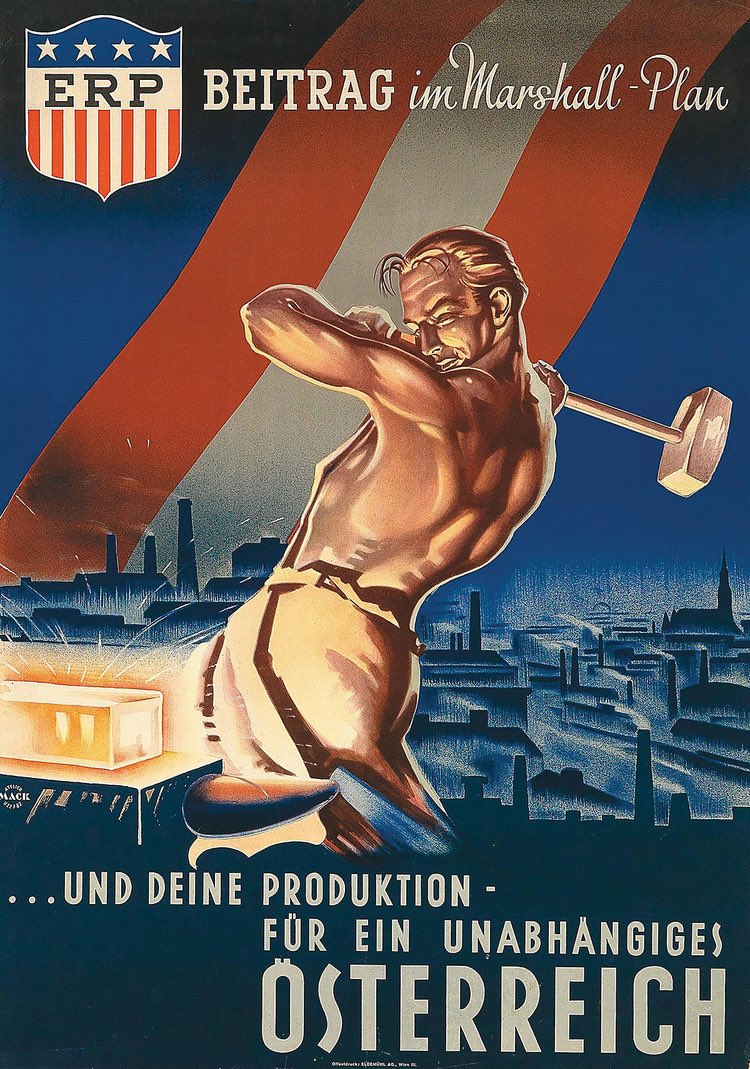
Colombia proved a crucial turning pt for Hirschman. As a development economist, Hirschman became unusual for his time in doing extensive fieldwork. In part due to his “non-traditional” bkgd, he developed a wry literary style that poked fun at sweeping mathematical models.
15/
15/
This tendency, Paul Krugman has argued, pushed Hirschman’s ideas out of the mainstream of economics.
And it’s also why I think his ideas are ripe for a comeback.
16/
And it’s also why I think his ideas are ripe for a comeback.
16/
In my post, I go into greater detail on Hirschman’s ideas, and their relation to modern development economics. His approach of “petite idées”, informed by empirical observation, seems the model for a clear-eyed way of thinking about development.
oliverwkim.com/Hirschman-Stra…
17/
oliverwkim.com/Hirschman-Stra…
17/

For more info, I recommend Adelmans’s wonderful bio, Worldly Philosopher, on which this thread is based. For Hirschman’s own work, his Hiding Hand essay is a great start—he remains a joy to read in the original. (nationalaffairs.com/public_interes… ).
HBD to a thoroughly admirable man. Fin
HBD to a thoroughly admirable man. Fin
• • •
Missing some Tweet in this thread? You can try to
force a refresh
















